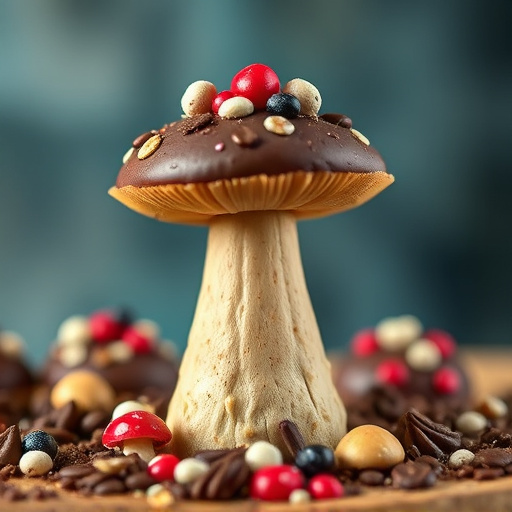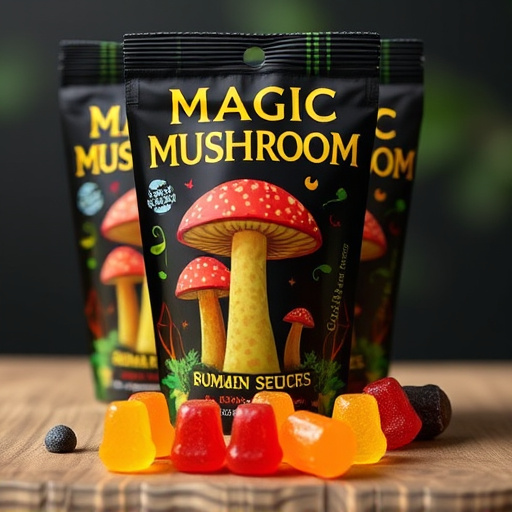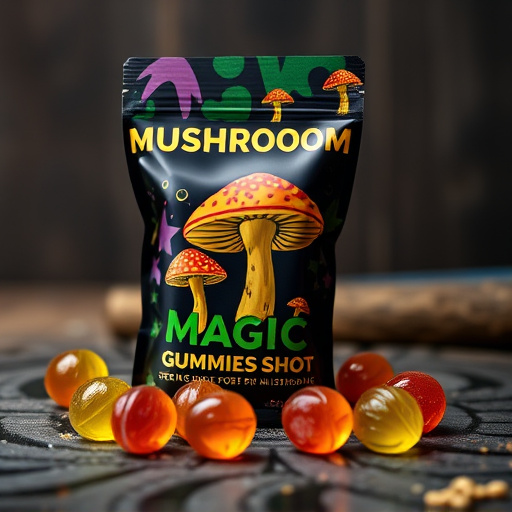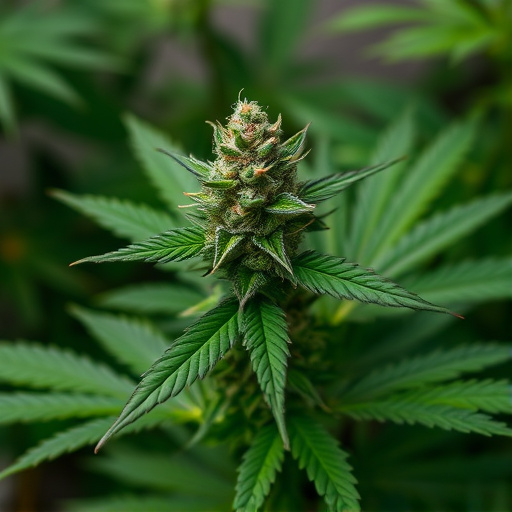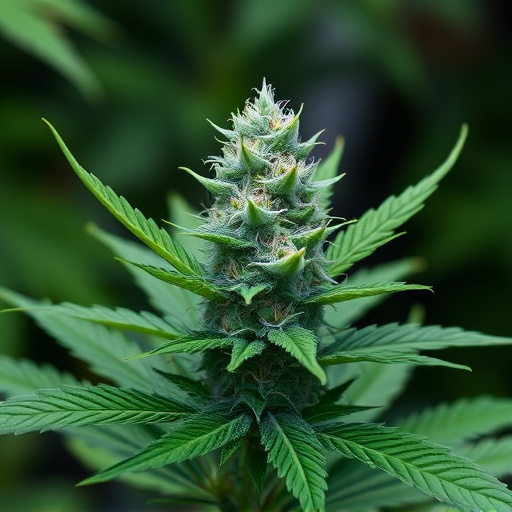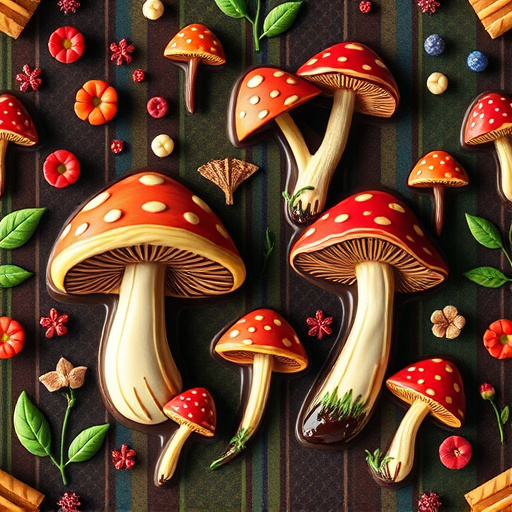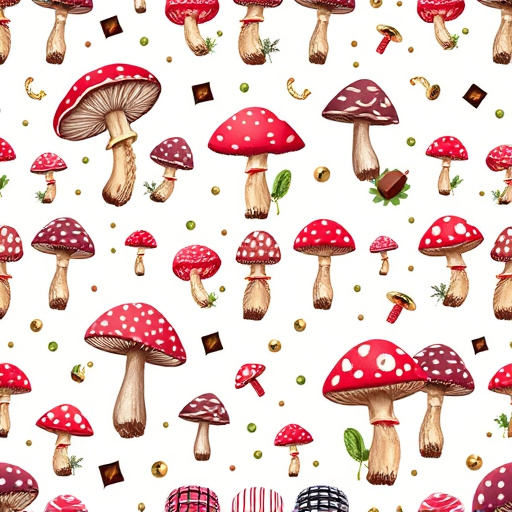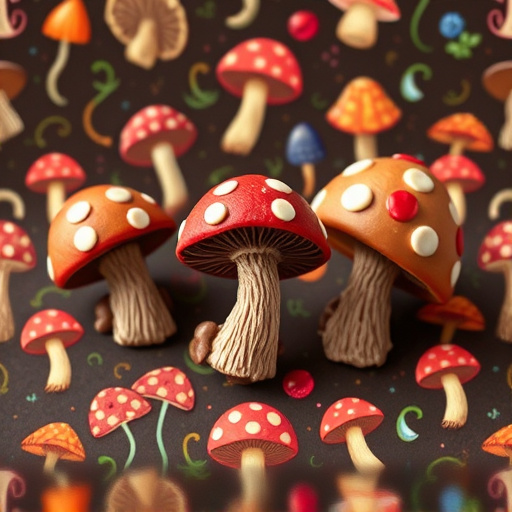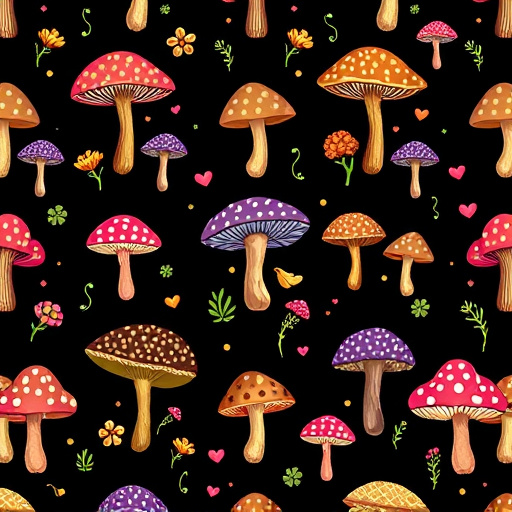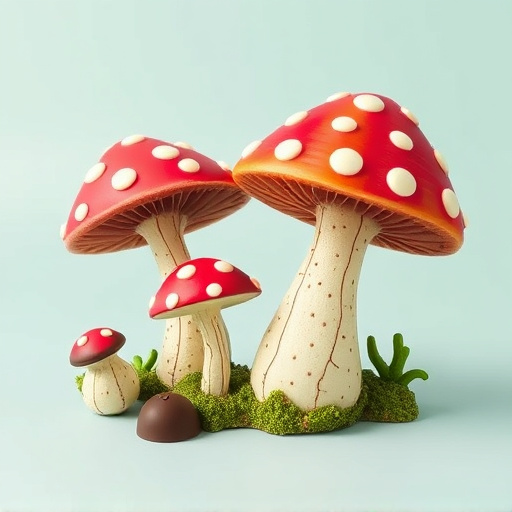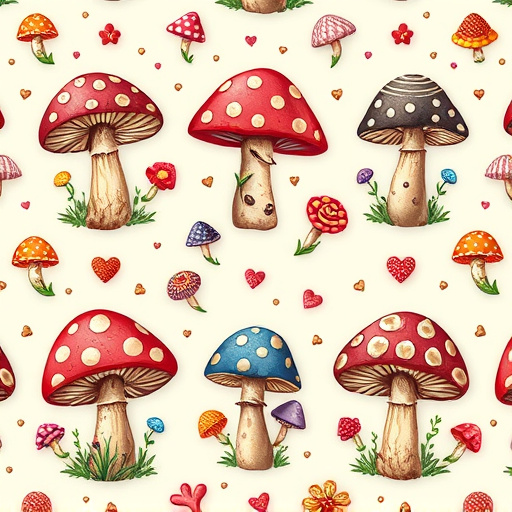Psilocybin and psilocin, active compounds in magic mushrooms, interact with brain serotonin receptors, leading to altered perceptions, heightened emotional awareness, and mental barriers broken down. These natural psychedelics induce creativity, open-mindedness, and personal growth, with individual responses varying greatly. Medical supervision is crucial for safe therapeutic use. Magic mushroom chocolates facilitate introspective experiences and offer potential benefits for depression, anxiety, and PTSD through enhanced cognition and emotional processing, impacting mental health and well-being.
“Unveiling the potential of magic mushrooms through their emerging star vehicle: chocolate. This article delves into the science behind these ancient fungi and their powerful compounds, psilocybin and psilocin, which have garnered interest for their mind-altering effects. We explore how they interact with brain chemistry to enhance focus and cognitive function. Additionally, we dissect the rising trend of mushroom-infused chocolates as a consumable therapy, examining their preparation methods and appealing health benefits. Learn about responsible consumption practices and discover real-life stories of improved mental clarity through these unique treats.”
- The Science Behind Magic Mushrooms and Their Effects on the Brain
- – Exploring the active compounds in magic mushrooms (psilocybin and psilocin)
- – How these compounds interact with serotonin receptors in the brain
The Science Behind Magic Mushrooms and Their Effects on the Brain
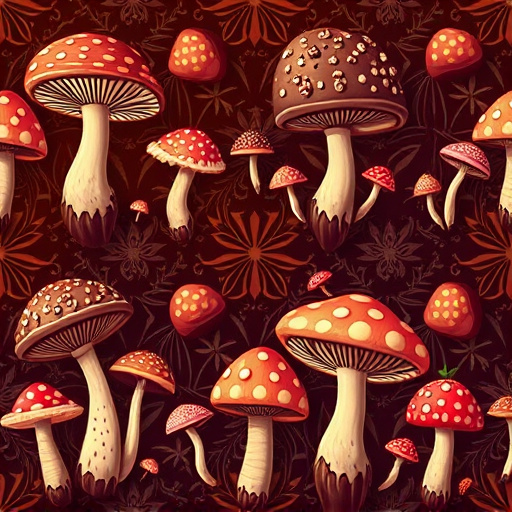
The active compounds in magic mushrooms, primarily psilocybin and psilocin, have been studied for their profound effects on the human mind and consciousness. When consumed, these compounds bind to serotonin receptors in the brain, leading to altered perceptions and heightened emotional awareness. Research suggests that magic mushrooms can induce a state of enhanced creativity and open-mindedness, breaking down mental barriers and encouraging new ways of thinking. This phenomenon has sparked interest in using psilocybin-based treatments for various mental health conditions, including depression and anxiety.
Studies have shown that how Magic Mushroom Chocolates affect the mind go beyond pleasure and euphoria. They can facilitate intense introspective experiences, enhancing self-reflection and personal growth. The experience often involves visual and auditory hallucinations, which, in a therapeutic setting, can provide unique insights into one’s subconscious. However, it’s essential to approach this topic with caution, as individual responses vary greatly, and proper medical supervision is crucial for safe and effective use.
– Exploring the active compounds in magic mushrooms (psilocybin and psilocin)
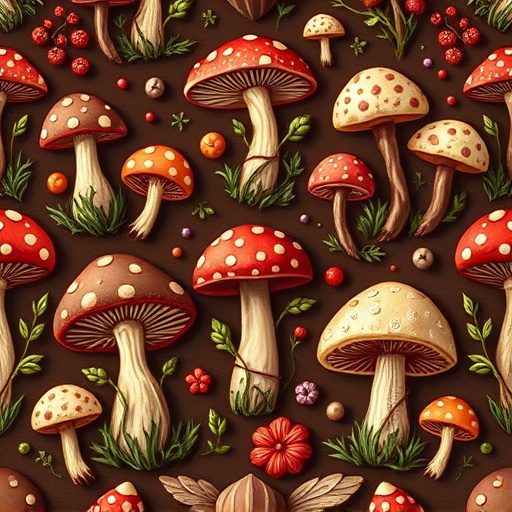
The active compounds in magic mushrooms, psilocybin and psilocin, have intrigued scientists and researchers for decades due to their unique effects on the human mind. These compounds are naturally occurring psychedelics that have been used in various cultural practices around the world for centuries. When consumed, psilocybin converts into psilocin within the body, leading to altered states of consciousness, heightened senses, and profound experiences often described as mystical or spiritual.
Psilocin primarily interacts with serotonin receptors in the brain, particularly those involved in mood regulation, perception, and cognitive functions. This interaction can result in enhanced creativity, improved emotional processing, and an increased sense of connectedness to oneself and others. Research suggests that psilocybin and psilocin have therapeutic potential for conditions like depression, anxiety, and PTSD by facilitating profound personal insights and transformative experiences. Understanding how magic mushroom chocolates affect the mind involves delving into these compounds’ complex relationship with serotonin and other neurotransmitters, offering a unique perspective on mental health and well-being.
– How these compounds interact with serotonin receptors in the brain
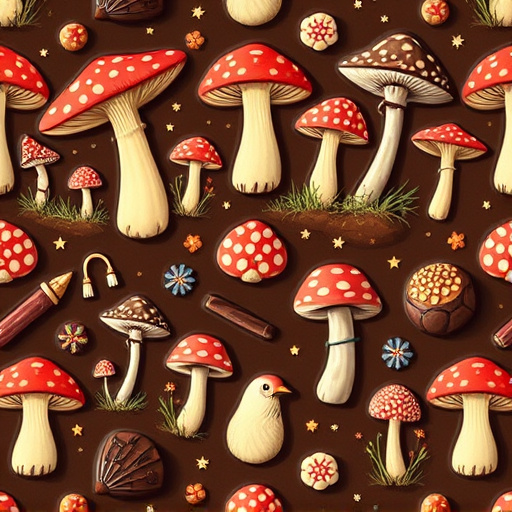
Magic mushroom chocolates, derived from psilocybin, interact with serotonin receptors in the brain, specifically targeting the 5-HT2A receptors. Serotonin, often referred to as the ‘feel-good’ hormone, plays a crucial role in mood, cognition, and perception. When psilocybin binds to these receptors, it can lead to altered states of consciousness, enhanced creativity, and improved focus. This interaction is believed to stimulate neural connections and promote neuroplasticity, enabling users to experience heightened mental clarity and cognitive flexibility.
These compounds’ ability to modulate serotonin levels contributes to the diverse range of effects reported by consumers. From profound insights during ‘tripping’ experiences to everyday improvements in mood and concentration, the impact on the mind is a fascinating area of exploration. Research suggests that the brain’s natural serotonin system may be rewired, leading to long-lasting positive changes in outlook and mental performance.
Magic mushroom chocolates, while an intriguing concept, are not a panacea for enhancing focus. While scientific research into psilocybin and psilocin reveals potential therapeutic benefits, their effects on the mind are complex and not fully understood. Modulating serotonin receptors can lead to altered states of consciousness, but these experiences vary widely among individuals. Currently, there’s insufficient evidence to support their regular use for improved focus or cognitive performance. Further studies are needed to uncover the true potential of magic mushrooms in a controlled, therapeutic setting.
